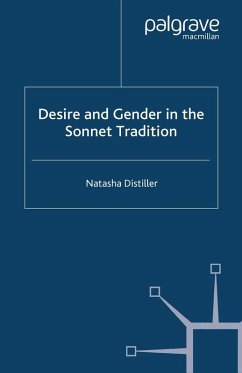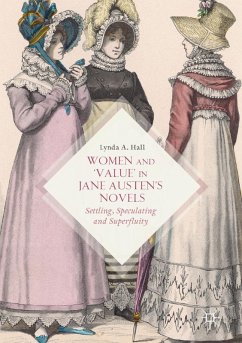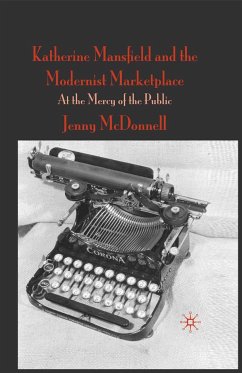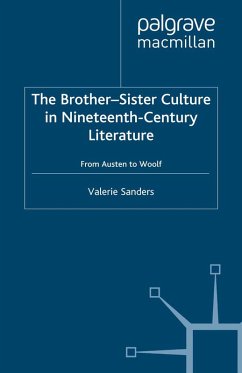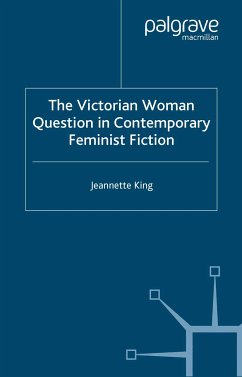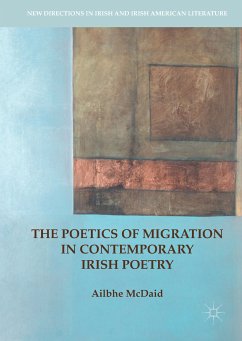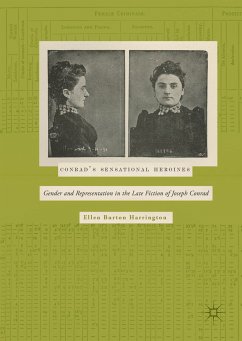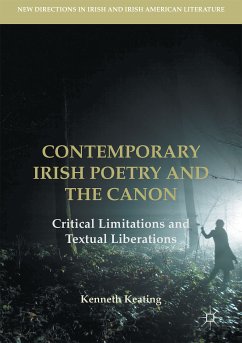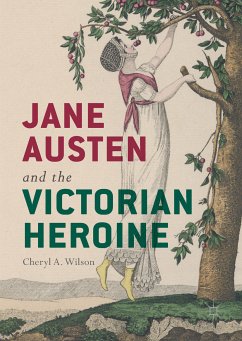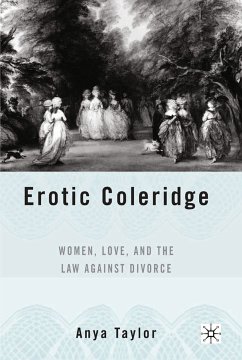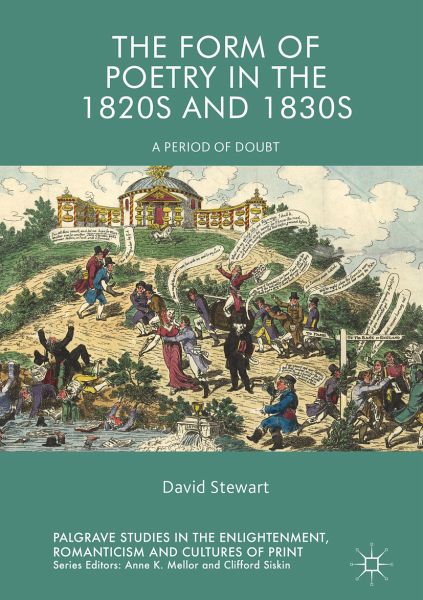
The Form of Poetry in the 1820s and 1830s (eBook, PDF)
A Period of Doubt
Versandkostenfrei!
Sofort per Download lieferbar
72,95 €
inkl. MwSt.
Weitere Ausgaben:

PAYBACK Punkte
36 °P sammeln!
The 1820s and 1830s, the gap between Romanticism and Victorianism, continues to prove a difficulty for scholars. This book explores and recovers a neglected culture of poetry in those years, and it demonstrates that culture was a crucial turning point in literary history. It explores a uniquely wide range of poets, including the poetry of the literary annuals, Letitia Landon, Felicia Hemans, Robert Browning, Samuel Taylor Coleridge, Thomas Hood and John Clare, placing their work in the light of new research into the conditions of the literary market. In turn, it uses that culture to open up wi...
The 1820s and 1830s, the gap between Romanticism and Victorianism, continues to prove a difficulty for scholars. This book explores and recovers a neglected culture of poetry in those years, and it demonstrates that culture was a crucial turning point in literary history. It explores a uniquely wide range of poets, including the poetry of the literary annuals, Letitia Landon, Felicia Hemans, Robert Browning, Samuel Taylor Coleridge, Thomas Hood and John Clare, placing their work in the light of new research into the conditions of the literary market. In turn, it uses that culture to open up wider theoretical issues relating to literary form, book history, print culture, gender and periodisation. The period's doubt about poetry's place in culture and its capacity to last prompted a dazzling range of creative experiments that reimagined the metrical, material and commercial forms of poetry.
Dieser Download kann aus rechtlichen Gründen nur mit Rechnungsadresse in A, B, BG, CY, CZ, D, DK, EW, E, FIN, F, GR, HR, H, IRL, I, LT, L, LR, M, NL, PL, P, R, S, SLO, SK ausgeliefert werden.



